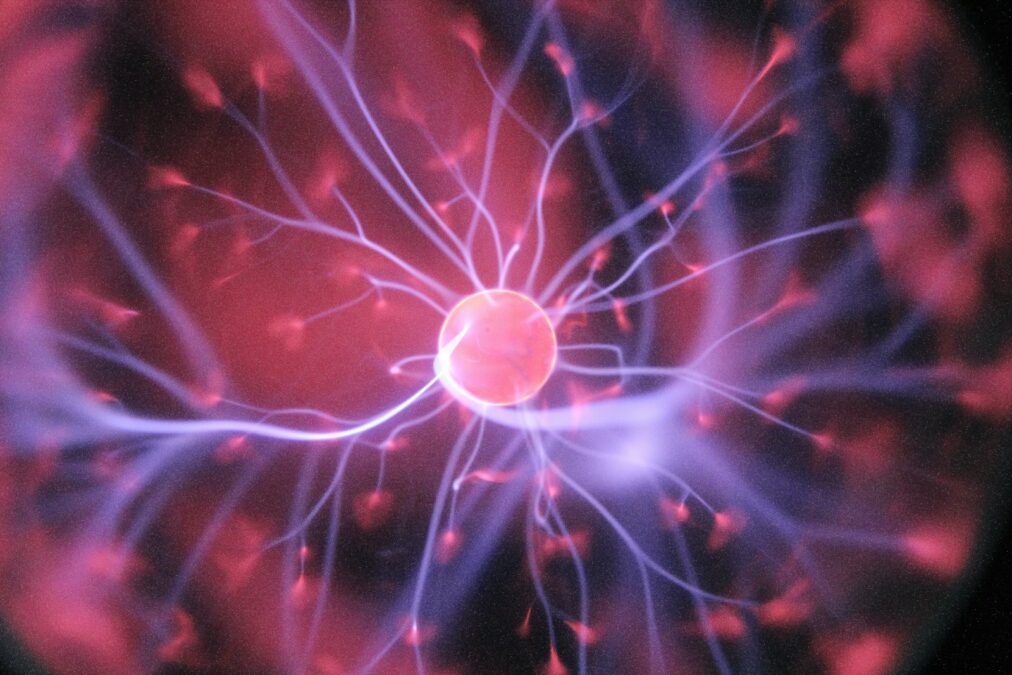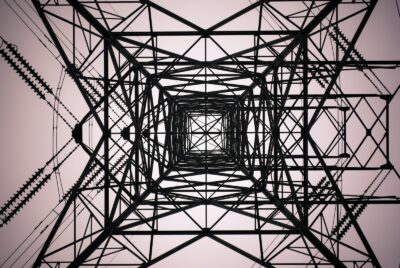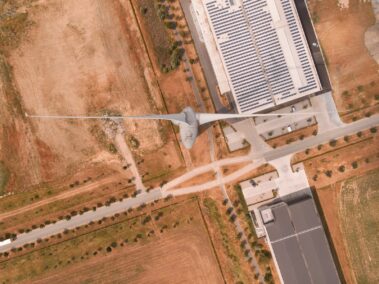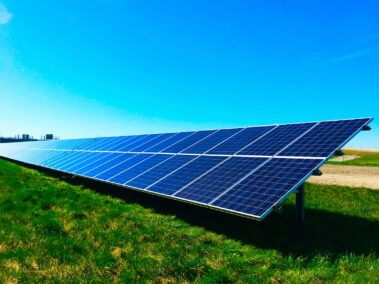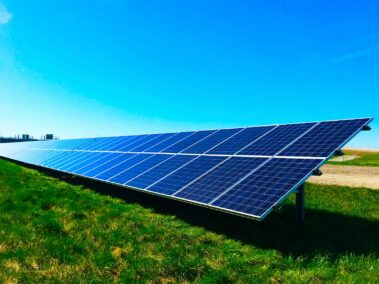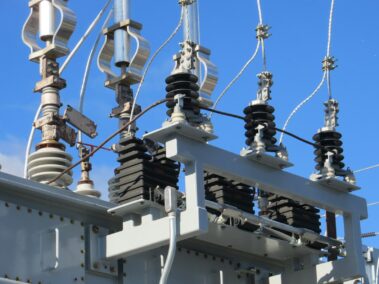The Role of Environmental Monitoring Technology in Renewable Energy
Integrating Environmental Monitoring in Renewable Energy Projects
Environmental monitoring in renewable energy projects is crucial for assessing and managing the impact of these initiatives on the surrounding ecosystem. Advanced monitoring technologies are now being utilized to track environmental changes and ensure that renewable energy projects are sustainable and do not harm the environment. In countries like Saudi Arabia and the UAE, which are heavily investing in renewable energy, environmental monitoring is becoming an integral part of project planning and execution.
These technologies include sensors, satellite imagery, and data analytics tools that provide real-time information on various environmental parameters such as air quality, water quality, and biodiversity. By continuously monitoring these parameters, project managers can identify potential environmental issues early and take corrective actions to mitigate any adverse impacts. This proactive approach helps in maintaining the ecological balance while harnessing renewable energy sources.
Moreover, environmental monitoring technologies enable compliance with environmental regulations and standards, which is essential for the approval and sustainability of renewable energy projects. By adhering to these standards, Saudi Arabia and the UAE can enhance their global reputation as leaders in sustainable development. The integration of such technologies not only ensures environmental protection but also boosts investor confidence and public support for renewable energy initiatives.
Technological Advancements in Environmental Monitoring
Technological advancements have significantly enhanced the capabilities of environmental monitoring systems in renewable energy projects. Innovations such as drone technology, artificial intelligence (AI), and the Internet of Things (IoT) have revolutionized the way environmental data is collected, analyzed, and utilized. These technologies offer precise, high-resolution data that can be used to monitor the impact of renewable energy projects with greater accuracy.
Drones equipped with high-definition cameras and sensors can cover vast areas and provide detailed aerial views of project sites. They can detect changes in land use, vegetation, and wildlife habitats, offering valuable insights into how renewable energy projects are affecting the environment. AI algorithms can process this data to identify patterns and predict potential environmental issues, enabling timely interventions.
The IoT connects various environmental sensors to a centralized system, facilitating real-time data collection and analysis. This interconnected network allows for continuous monitoring and instant reporting of environmental conditions, ensuring that any deviations from the norm are promptly addressed. By leveraging these technological advancements, renewable energy projects in Riyadh and Dubai can achieve higher levels of environmental compliance and sustainability.
Leadership and Effective Communication in Environmental Monitoring
Effective leadership and communication are essential for the successful implementation of environmental monitoring in renewable energy projects. Leaders must prioritize environmental sustainability and integrate monitoring practices into the core strategy of their projects. Executive coaching services can play a vital role in developing the leadership skills necessary to drive these initiatives and foster a culture of environmental stewardship.
Effective communication is crucial for ensuring that all stakeholders understand the importance of environmental monitoring and are committed to its implementation. Leaders must clearly articulate the benefits of these technologies and how they contribute to the overall success and sustainability of renewable energy projects. Transparent communication helps in gaining the support of employees, investors, regulatory authorities, and the public.
In regions like Saudi Arabia and the UAE, where large-scale renewable energy projects are underway, strong leadership and effective communication can significantly enhance the impact of environmental monitoring efforts. By fostering collaboration and ensuring that all parties are aligned with the project’s environmental goals, leaders can ensure that renewable energy projects are not only economically viable but also environmentally sustainable.
Impact of Environmental Monitoring on Business Success and Sustainability
Boosting Business Success through Environmental Monitoring
Environmental monitoring in renewable energy projects is not just about compliance; it is also a strategic tool for enhancing business success. By ensuring that projects have minimal negative impacts on the environment, companies can improve their corporate social responsibility (CSR) profiles and strengthen their brand reputation. This is particularly important in markets like Saudi Arabia and the UAE, where there is a growing emphasis on sustainable development.
Investors and consumers are increasingly favoring companies that demonstrate a commitment to environmental sustainability. By integrating advanced environmental monitoring technologies, businesses can showcase their dedication to protecting the environment, thereby attracting more investment and customer loyalty. This positive perception can lead to increased market share and competitive advantage.
Furthermore, environmental monitoring can help identify opportunities for improving operational efficiency. For instance, data collected from monitoring systems can reveal areas where resource use can be optimized, leading to cost savings and enhanced project performance. By leveraging these insights, renewable energy companies can achieve better financial outcomes while contributing to sustainable development goals.
Ensuring Long-term Sustainability of Renewable Energy Projects
Long-term sustainability of renewable energy projects depends on continuous environmental monitoring and adaptive management practices. Environmental conditions and impacts can change over time, requiring ongoing assessment and adjustments to project operations. Advanced monitoring technologies provide the data necessary for making informed decisions and implementing effective management strategies.
Adaptive management involves regularly reviewing environmental data and adjusting project activities to mitigate any identified impacts. This iterative process ensures that renewable energy projects remain sustainable throughout their lifecycle. In Saudi Arabia and the UAE, where ambitious renewable energy targets are being pursued, adaptive management supported by environmental monitoring is crucial for achieving these goals.
Moreover, environmental monitoring contributes to the resilience of renewable energy projects against climate change and other environmental challenges. By understanding and anticipating environmental changes, project managers can implement measures to protect their projects from potential disruptions. This proactive approach enhances the reliability and sustainability of renewable energy infrastructure, supporting the broader transition to a low-carbon economy.
Conclusion: The Future of Environmental Monitoring in Renewable Energy
The future of environmental monitoring in renewable energy projects looks promising, with continuous technological advancements paving the way for more effective and efficient monitoring solutions. Emerging technologies such as blockchain and the metaverse offer new possibilities for environmental monitoring and impact assessment. Blockchain can provide secure and transparent records of environmental data, enhancing accountability and trust among stakeholders.
The metaverse, with its virtual reality capabilities, can facilitate immersive environmental assessments and stakeholder engagement. By simulating project impacts in a virtual environment, stakeholders can better understand potential issues and collaborate on solutions. These innovative approaches can further enhance the effectiveness of environmental monitoring and support the sustainable growth of the renewable energy sector.
In conclusion, environmental monitoring is a critical component of renewable energy projects, ensuring that these initiatives are both environmentally and economically sustainable. By integrating advanced monitoring technologies, fostering effective leadership and communication, and embracing adaptive management practices, Saudi Arabia and the UAE can lead the way in sustainable renewable energy development. The commitment to environmental monitoring not only protects the environment but also drives business success and long-term sustainability.
—
#environmentalmonitoring #renewableenergy #sustainability #SaudiArabia #UAE #greeninitiatives #technology #impactassessment #sustainabledevelopment

